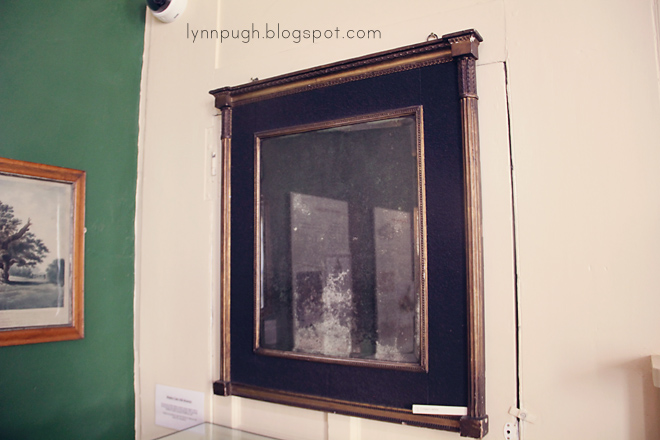Earlier that day I had been meditating on God's providence in the life of John Bunyan, and those kind of thoughts continued thinking about William Cowper. What if his mother hadn't died when he was just 6-years-old, and his father didn't send him away to boarding school? That incident, coupled with other things, I think was a source of instability for his mind and emotions. But maybe I was asking the wrong questions. Maybe I should have been thankful for the power of the gospel in his life and how it gave him grace to battle the recurring periods of depression. Just read the words that came from his pen.
Judge not the Lord by feeble sense,
but trust Him for His grace;
behind a frowning providence
He hides a smiling face.
I think some of my favorite lines now come from the hymn we call Sometimes a Light Surprises.
Though vine nor fig tree neither
Their wonted fruit should bear;
Though all the fields should wither
Nor flocks nor herds be there;
Yet God the same abiding,
His praise shall tune my voice,
For, while in Him confiding,
I cannot but rejoice.
The front door of the house Cowper
shared with Mary Unwin
The home was very aptly named as you'll see when I show you the garden filled with apple trees. The steeple you can see through the gate belongs to the church where John Newton pastored. Cowper and Mrs. Unwin moved to Olney to be with Newton. The house is now a museum filled with belongings from both Cowper and Newton, including a room dedicated to Newton's history as a slave-trader.
Jane Austen was a Cowper fan.
Cowper's Desk
This writing table was given to Newton by William Cowper. We touched it reverently...not in a weird way, but it's strange to touch a piece of furniture with such history, where John Newton sat and wrote.
Cowper's Bedroom
Cowper's Writing Desk
This was another piece of furniture belonging to Newton, and this room held several of the implements used on slave-trading ships.
The little building where Cowper would sit and write -
He called it his "poetry factory."
the apple harvest
From the museum we walked through the bustling Saturday streets of Olney to the church, where a wedding party was happily preparing to leave the church.




















No comments:
Post a Comment